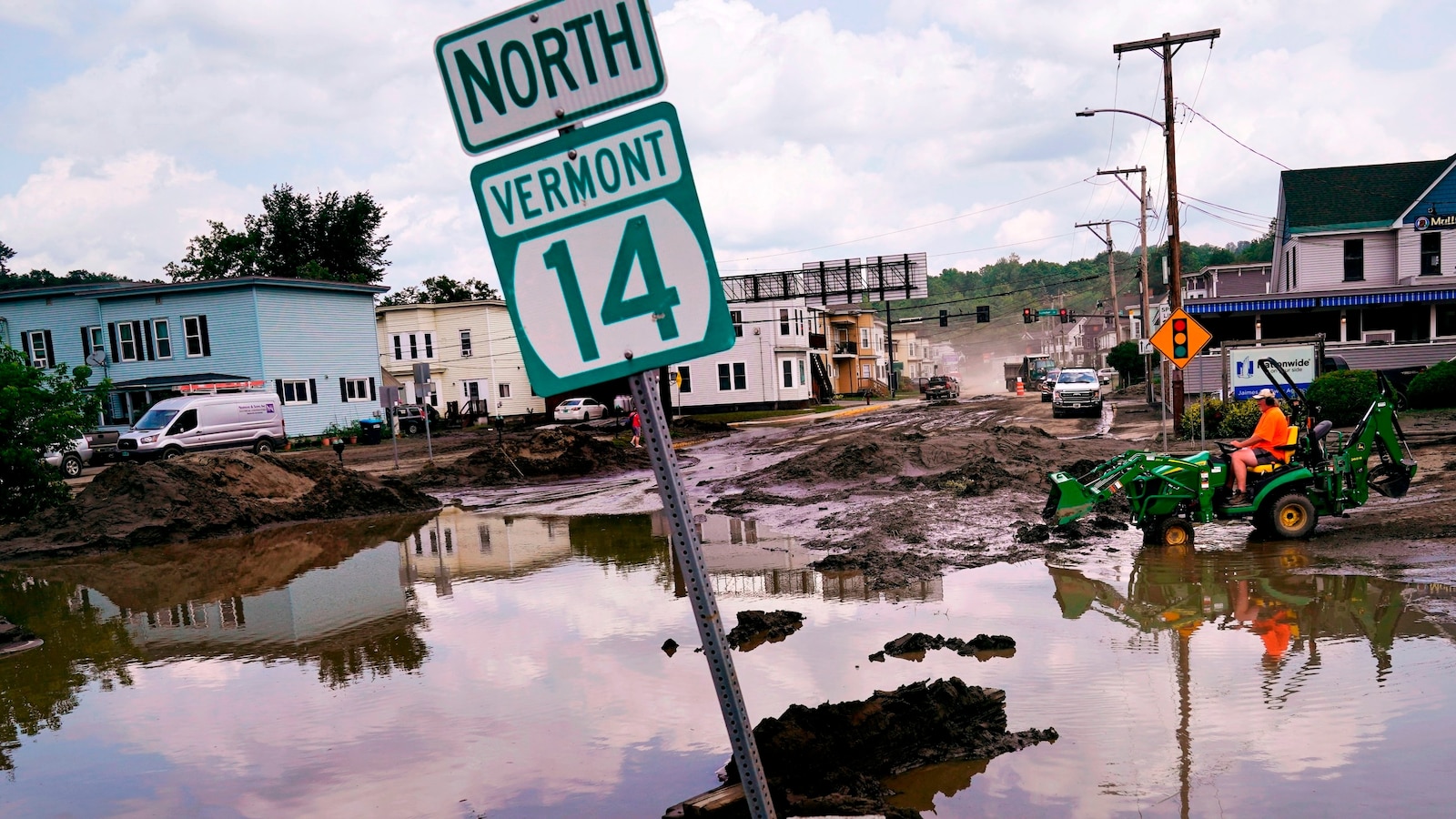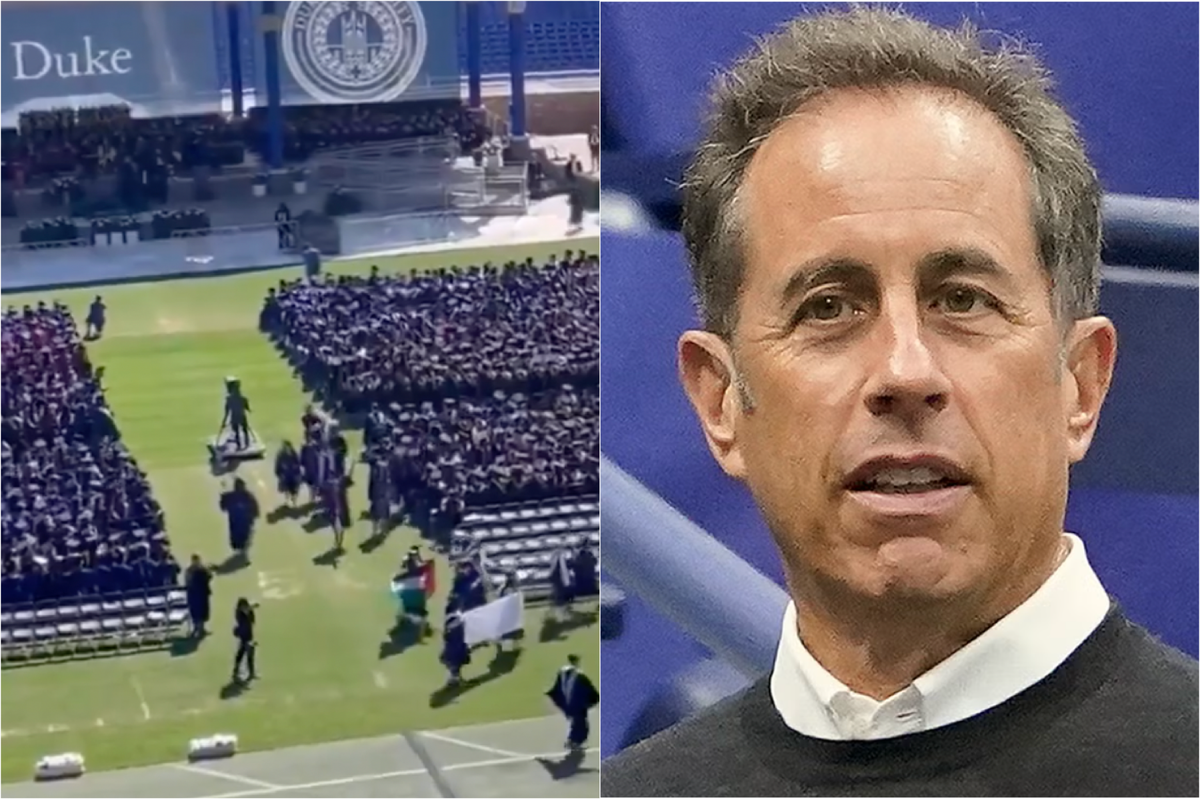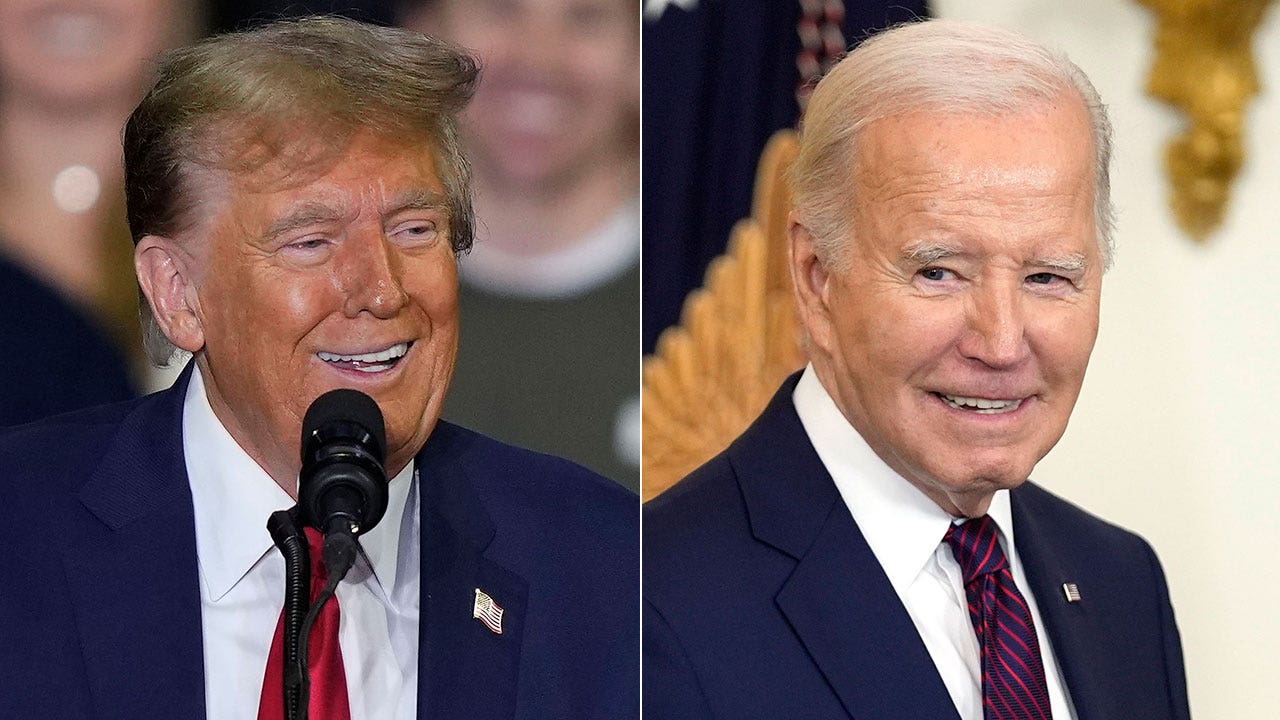New Hampshire
Candidate arrested on months-old allegation 4 days before N.H. town vote – The Boston Globe

New Hampshire State Police announced on Tuesday, while voting was still underway, that one of the two candidates competing for town clerk in Northumberland, N.H., had been arrested four days earlier.
The announcement said Courtney McLain, the current deputy town clerk, was arrested Friday on 28 misdemeanor charges, each punishable by a $2,000 fine and up to a year in jail. She is accused of improperly accessing Division of Motor Vehicle records to process transactions without having the proper credentials to do so.
McLain appears to have lost Tuesdayâs election. She received 220 votes while her opponent, Kathy Wiles, received 283 votes, according to unofficial results. The incumbent, Melinda âMinâ Kennett, opted not to seek another term.
The announcement from police misspelled McLainâs name, misstated her age, and didnât explain why she lacked credentials to access the Division of Motor Vehicles records relevant to the business her office conducts. Nor did it specify when the alleged offenses had occurred.
More detailed records filed with the Circuit Court in Lancaster show that all the charges are based on conduct alleged to have occurred 10 months ago.
McLainâs defense attorney, Leif A. Becker, said he has known about the investigation into this matter for at least seven months. He said the timing of this arrest doesnât seem to be coincidental. He accused police of outright election interference.
âThis amounts to nothing short of an (affront) to our democratic process,â Becker said.
A spokesperson for the New Hampshire Department of Safety, which includes New Hampshire State Police, did not respond to questions about the timing of McLainâs arrest. The trooper who signed the complaints filed in this case, Brandon Girardi, did not respond to a request for comment.
The Caledonian Recordâs Paul Hayes first reported McLainâs arrest on Sunday, noting in a follow-up report that New Hampshire State Police didnât confirm the arrest until Tuesday.
Court records specify that McLain is accused of using the New Hampshire Municipal Agent Automation Project (MAAP) computer network on May 5, 2023, to process vehicle transactions for 14 different customers by posing as an authorized MAAP user.
Becker said McLain and Kennett had each been given a six-month suspension that barred them from accessing the vehicle registration system. Their punishments came after they were found guilty in March 2023 of disclosing DMV registration information without authorization, according to court records from prior cases.
Kennett was convicted of disclosing vehicle registration information to the general manager of a local grocery store who called to ask about a vehicle that was blocking a delivery, according to the Caledonian Record.
McLain, meanwhile, was charged with disclosing vehicle registrant information in two other unauthorized ways, including during a public meeting of the Northumberland select board, according to court records. On one misdemeanor count in that case, she entered what is known as an Alford plea, Becker said. That is a type of guilty plea in which a defendant acknowledges prosecutors have enough evidence to convict them, without admitting their guilt.
Select board meeting minutes from July 18, 2022, indicate McLain had asked questions about why a police officer was driving a vehicle with an expired motor vehicle registration. Her comment led not only to the criminal charge but also to civil litigation as well.
William Daisey, who was then employed as a Northumberland police lieutenant, sued McLain, Kennett, and the town. He accused McLain of unlawfully divulging confidential information about his motor vehicle records during a select board meeting.
Becker, who represents both McLain and Kennett in the civil and criminal cases, told the Globe that police carried out a âmaliciousâ investigation and moved forward with McLainâs arrest on Friday despite evidence that contradicts their case. He said the state already has witness statements and photographic evidence to support McLainâs innocence.
In a statement, Becker had called on Northumberland voters to select McLain so she can help clean up âthe âsmall town politicsâ cultureâ that has been causing problems in local government.
âI know that Courtney cares about the Northumberland community and its residents,â Becker said, âand I look forward to addressing these charges along with the manner in which they have been investigated and brought forward.â
McLain is slated for an arraignment on June 3, police said.
This story was updated to clarify Courtney McLainâs plea in a prior case.
Steven Porter can be reached at steven.porter@globe.com. Follow him @reporterporter.

New Hampshire
The Whole Family Could Spend An Entire Day Having A Blast At Muddy Paw Sled Dog Kennel In New Hampshire
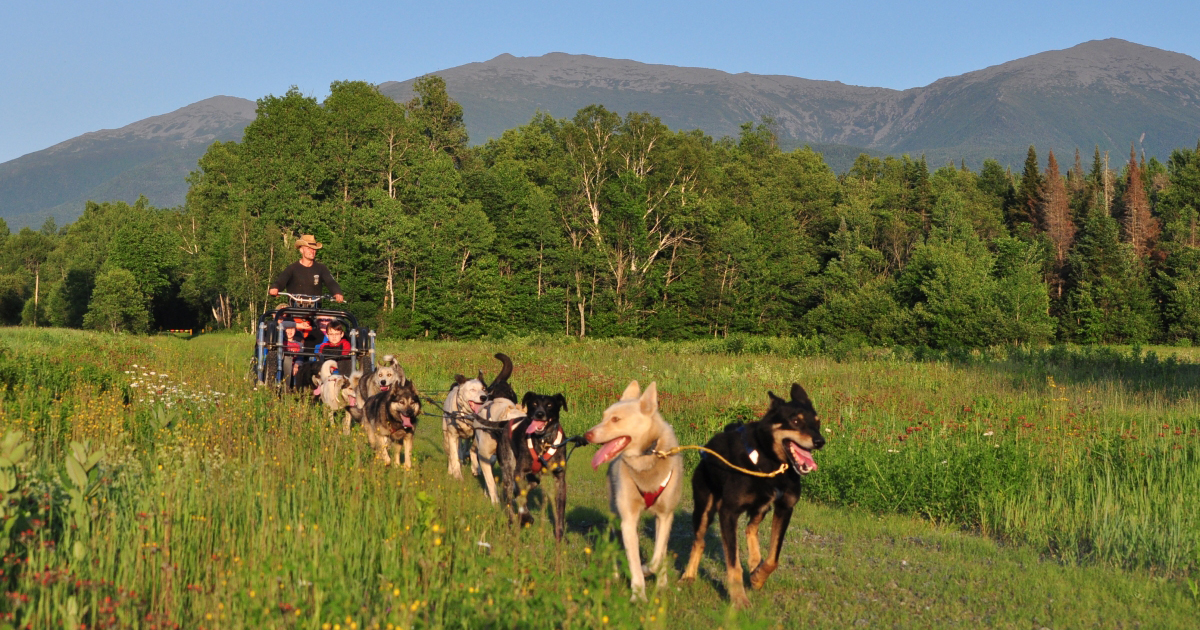
When you think of winter activities in New Hampshire, the first ones that come to mind are probably snowshoeing, skiing, and snowmobiling. But there’s one more that you may not be familiar with and that’s sled dogs! This winter activity has an additional bonus though; it’s not limited to just winter. How is that possible? Well, read on to learn more about this family-friendly activity in New Hampshire that isn’t limited to just one season. Let’s take a ride with Muddy Paw Sled Dog Kennel in Jefferson.
If this isn’t an unusual and unique family-friendly activity in New Hampshire, I don’t know what is. To find out more and to book your visit, visit the Muddy Paw Sled Dog Kennel website, and be sure to follow Muddy Paw & Raft NH on Facebook for the latest updates and news.
For a double dose of family fun, here is a two-part outing that can be enjoyed all in one day! And make sure you have enough road snacks to keep everyone happy and full of energy for the day’s adventures.
There Are Caves Near A Nature Center In New Hampshire, Making For A Fun-Filled Family Outing
OnlyInYourState may earn compensation through affiliate links in this article. As an Amazon Associate, we earn from qualifying purchases.
Featured Addresses
Muddy Paw Sled Dog Kennel, 32 Valley Rd, Jefferson, NH 03583, USA
New Hampshire
A Chance Of Showers’ All Week Long In New Hampshire — But Fun Stuff To Do

CONCORD, NH — Weather forecasters are warning of “a chance of showers” or “showers likely” for most of the week in the Granite State.
On Monday, expect patchy fog in some areas of the state, with mostly sunny skies and temperatures in the low 50s to upper 60s. Overnight, there is a 30 percent “chance of showers,” according to the National Weather Service.
On Tuesday, another 30 percent “chance of showers,” mainly after 2 p.m., but otherwise sunny, with highs in the upper 70s. Wind gusts could reach 20 mph. Showers are “likely” after 8 p.m. with temps in the mid-50s.
The rain is expected to “likely” continue into Wednesday day and evening with temps in the lower 50s and upper 60s.
Another “chance of showers” is expected on Thursday morning and early afternoon before becoming partly sunny with temps between the upper 40s and the upper 60s.
Partly sunny skies are expected on Friday, but there is a “chance of showers” on Saturday and Sunday.
The latest weather conditions can be found on the front page of every Patch.com site in the United States, including the 14 New Hampshire Patch news and community websites covering Amherst, Bedford, Concord, Exeter, Hampton, Londonderry, Manchester, Merrimack, Milford, Nashua, North Hampton, Portsmouth, Salem, Windham, and Across NH. Local weather reports for New Hampshire are posted on Sundays and Thursdays. Alerts are published when needed.
New Hampshire
How removal of a Durham historical marker sparked debate about who gets to write history

Three hundred and thirty years ago, a group of English settlers and allied French and Wabanaki soldiers battled near the Oyster River, in what is now Durham, leaving about 100 settlers dead.
While those bare facts were first commemorated on a historical marker decades ago, the story behind the battle – including where the blame lies, what led to the conflict, and which group suffered more – is still up for debate as Durham residents have been working to erect what they hope will be a more accurate marker describing the deadliest event in the town’s history.
A committee of residents and representatives from several local and state agencies have spent months in lengthy roundtable discussions, struggling to agree on the words to best describe this colonial-era conflict. The conversations became so contentious that town leaders brought in mediators to help find consensus.
“I don’t think at the end of this process that we are going to have resolved what happened in 1694,” said facilitator Barbara Will at a meeting earlier this year. “I think what we’ll find at the end of this process is that we have come together as a community to give our best interpretation of what happened and the context within which it happened.”
Now, the story of what came to be known as the “Oyster River Massacre” has the chance to be presented in a new way – as long as it can be encapsulated into just a few dozen words while also touching on issues of Indigenous identity, historical memory and the legacy of colonialism.
An abrupt removal sparks debate
The current debate over how to properly commemorate the battle began in 2021, when the state of New Hampshire removed the historical marker that had stood near Durham’s town hall for decades.
In a revision form filed with the New Hampshire Division of Historical Resources, members of the state’s Commission on Native American Affairs had flagged the sign’s language as problematic and suggested revising it.
The original historical marker described the battle as an attack in which a French soldier led 250 “Indians” in a “raid” on the English settlements in the area, “killing or capturing approximately 100 settlers, destroying five garrison houses and numerous dwellings.” It also described the event as “the most devastating French and Indian raid in New Hampshire during King William’s War,” a conflict between France and England over control of North American territories in which the Wabanki people allied with the French.
In a few short bullet points, the Native American Affairs Commission said the sign lacked context, called the language “insulting or derogatory” and asked: “Devastating for whom?”
The former director of the Durham Historical Association, who was not involved in the roundtable discussions, said the complaints outlined by the Commission on Native American Affairs were the only information the association was given as to why the sign was removed, and the only guidance they had for suggesting a revision. The form didn’t include any suggestions for what should be on the sign instead.
“We were always working in the dark, not knowing specifically what the issues with the original sign were,” David Strong said.
Contested identity
The Commission on Native American Affairs is composed of New Hampshire residents who are tasked with representing Indigenous people in the state. But the Indigenous identity of one member, who was a part of flagging the Oyster River marker for revision, is contested.
Denise Pouliot describes herself as the head female speaker of the Cowasuck Band of the Pennacook Abenaki People. She was also selected to participate in the roundtable discussions in Durham as a representative of the Indigenous community.
“My presence here is very simple,” Pouliot said in January. “I want to make sure that the Indigenous history of the past is included in these signs. These signs are primarily constructed of colonial perspectives.”
However, as a 2023 NHPR investigation found, there is no evidence to support Pouliot’s claim of Abenaki heritage, as leaders of the Odanak First Nation in Canada and scholars on Indigenous identity have said for years. Pouliot continues to assert that she does have Abenaki ancestry, although she declined to provide any family names or documentation to corroborate her claims.
During the roundtables in Durham, Pouliot insisted on using oral histories to recount the events of the massacre, and has claimed to personally know the history of that era.
“We were here first,” Pouliot said at a February meeting. “We were hunting and fishing and living in these locations and you came in and forced us out by gunpoint. And that’s the story that really should be told if you want to talk about really encompassing the true history of the region. But I don’t see a plaque for that anywhere, and I don’t see anywhere trying to fight for that level of truth.”
While none of the roundtable participants have publicly questioned Pouliot’s ancestry claims, Carolyn Singer of the Durham Historic District and Heritage Commission has stressed the importance of using primary and secondary sources when constructing the language for the sign, instead of a sole reliance on oral histories. She said the Heritage Commission had used primary sources in its draft, but that she had not seen evidence of documentation in iterations suggested by other groups, including that of the Commission on Native American Affairs.
“Language has already been suggested,” Singer said, referring to the draft from the Commission on Native American Affairs. “A narrative has already been suggested, so we should have a document to back up that narrative.”
Durham Town Administrator Todd Selig has a longstanding relationship with Pouliot and her husband, Paul Pouliot, who is also a co-speaker of her group. When asked about Denise Pouliot’s involvement in the process as a representative of the Indigenous community, despite a lack of evidence of her connection to that community, Selig said he had no problem with her presence at the table. Selig said over the years, he’s valued the couple’s contributions to Durham.
“To the extent the Pouliots have been involved in Durham, it’s generally been helpful,” Selig said.
‘A deeper sense of history’
The roundtable panelists began with three versions of the text for the new marker suggested by different groups. The group debated each option until, eventually, they combined and whittled them down to one.
Panelist Steve Eames was there as a representative of the Durham Historical Association. He’s a historian who focused his research on warfare on the New England frontier in the 17th century. He saw problems with all three versions.
For example, Eames and others around the table debated what to call the event, which has for years been referred to as a “massacre.”
“One person’s ‘massacre’ is another person’s ‘successful attack,’” Eames said. “But if we’re trying to remember the trauma, we can’t leave out the trauma.”
Another sticking point was the theft of Wabanaki land by European settlers and colonization that precipitated the massacre. One draft included the phrase “questionable treaty” to describe the Treaty at Pemaquid, a 1693 peace and trade treaty between the English and the Indigenous tribes in the area.
“I mean, from a historian’s point of view, that treaty, as all the treaties were, were ‘questionable’ because you had a culture that had a written language dealing with a culture that had no written language,” Eames said.
Others countered, asking: For whom was the treaty “questionable” and what does that really mean?
Ideas continued to swirl about the specific language on the sign and perspectives it should include. The Durham Historic Association, which sponsored the original marker, was represented at the table by Janet Mackie, who suggested the voices of the early settlers of Durham be featured on the new sign.
“There are still people living in Durham today whose ancestors were massacred,” Mackie said in a mediated session, though no one claiming familial ties to those killed spoke at the meetings.
Nadine Miller represented the state’s Department of Transportation. She agreed at a January meeting that both Indigenous and settler perspectives should be featured.
“I would think in a town where I was living and I had young children, I would find a sign would be a really great educational opportunity for young children to go to and talk with their parents about,” Miller said. “And in my mind, for my child, I would want them to know both sides of a story.”
Selig, the Durham town administrator, watched the process from the start. He says final wording has been sent to the state for approval, and he’s glad the sign will be back up, though it is unclear how soon that will happen. He said he and many others consider the “Oyster River Massacre” a seminal moment in Durham’s history, an event that could have wiped Durham from the map in its infancy.
“Controversies like this offer an opportunity to demand attention to an issue, to a topic. And while we have people’s attention, it helps to instill a deeper sense of history and appreciation for that history and the complexity of that history,” Selig said.
After the group’s last meeting in March, they agreed on a final version, one that was put together by the Durham Historical Association. It omitted the word “Indian,” named Wabanaki leaders who were there, and didn’t implicate them in the breaking of the peace treaty, rather that they were convinced to do so by the French. The title also no longer includes the word “massacre.” Instead, it was replaced by a dispatch sent to Boston after the attack: “Oyster River… is Layd Waste”
As the culmination of years of background conversations and more than six hours of facilitated debate over every word, the Durham Historical Association’s version was sent to the state Division of Historical Resources. Despite originally suggesting the community conversations, the state countered with its own version and turned it over to the panelists for review and sign-off. They’ll have to find consensus — again — before it’s sent to the foundry where the text will be cast in metal. If they don’t, the state can move forward with its own version, just as they would’ve if the conversations hadn’t happened at all.
Much of the debate was about what really happened in 1694, and — most of all — why such violence felt warranted. But for some, if the picture of that early morning at Oyster River isn’t captured in full, the sign isn’t worth being there at all.
“If the final decision is to write a sign or to finalize a sign that’s not based on the facts, then I hope the sign never goes back up,” David Strong said.
These articles are being shared by partners in the Granite State News Collaborative. For more information, visit collaborativenh.org.
-

 World1 week ago
World1 week agoBrussels, my love? Champage cracked open to celebrate the Big Bang
-

 Politics1 week ago
Politics1 week agoAustralian lawmakers send letter urging Biden to drop case against Julian Assange on World Press Freedom Day
-
News1 week ago
A group of Republicans has united to defend the legitimacy of US elections and those who run them
-

 Politics1 week ago
Politics1 week agoHouse Dems seeking re-election seemingly reverse course, call on Biden to 'bring order to the southern border'
-

 World1 week ago
World1 week ago‘It’s going to be worse’: Brazil braces for more pain amid record flooding
-

 Education1 week ago
Education1 week agoHow Counterprotesters at U.C.L.A. Provoked Violence, Unchecked for Hours
-

 Politics1 week ago
Politics1 week ago'Stop the invasion': Migrant flights in battleground state ignite bipartisan backlash from lawmakers
-
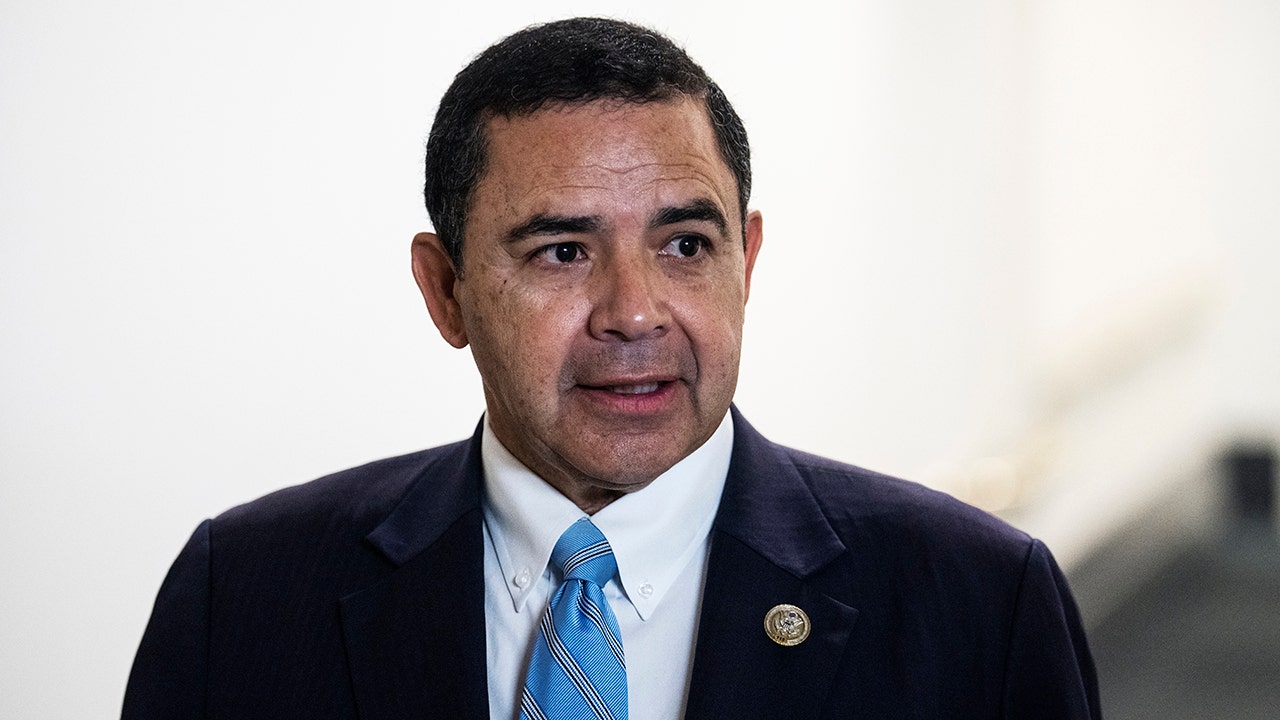
 Politics1 week ago
Politics1 week agoDemocratic Texas Rep. Henry Cuellar indicted by DOJ on conspiracy and bribery charges









